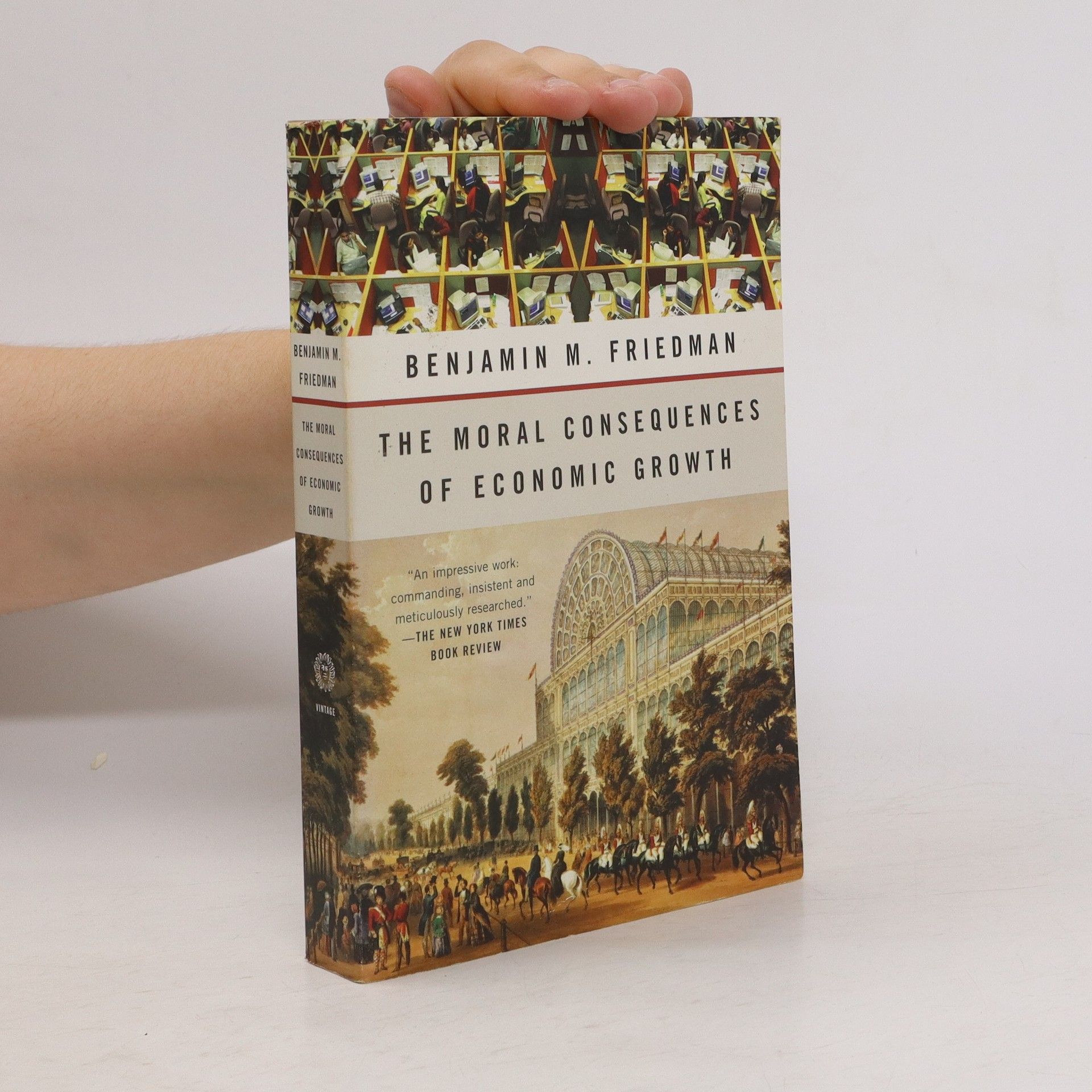From the author of Day of Reckoning , the acclaimed critique of Ronald Reagan’s economic policy (“Every citizen should read it,” said The New York Times ): a persuasive, wide-ranging argument that economic growth provides far more than material benefits.In clear-cut prose, Benjamin M. Friedman examines the political and social histories of the large Western democracies–particularly of the United States since the Civil War–to demonstrate the fact that incomes on the rise lead to more open and democratic societies. He explains that growth, rather than simply a high standard of living, is key to effecting political and social liberalization in the third world, and shows that even the wealthiest of nations puts its democratic values at risk when income levels stand still. Merely being rich is no protection against a turn toward rigidity and intolerance when a country’s citizens lose the sense that they are getting ahead.With concrete policy suggestions for pursuing growth at home and promoting worldwide economic expansion, this volume is a major contribution to the ongoing debate about the effects of economic growth and globalization.
Benjamin M. Friedman Livres
Benjamin Morton Friedman s'impose comme un économiste politique américain de premier plan, explorant en profondeur la relation complexe entre les conditions économiques et les résultats sociétaux. Son travail examine méticuleusement comment les forces économiques façonnent les paysages politiques et sociaux, ainsi que l'influence réciproque de la société sur les tendances économiques. L'approche de Friedman se caractérise par sa rigueur analytique et une conscience aiguë du contexte historique, offrant aux lecteurs des perspectives approfondies sur des phénomènes économiques complexes. Ses contributions offrent des éclairages précieux pour relever les défis contemporains.



Religion and the Rise of Capitalism
- 560pages
- 20 heures de lecture
The author demonstrates that the foundational transition in thinking about what is now called economics, beginning in the 18th century, was decisively shaped by the hotly contended lines of religious thought within the English-speaking Protestant world.